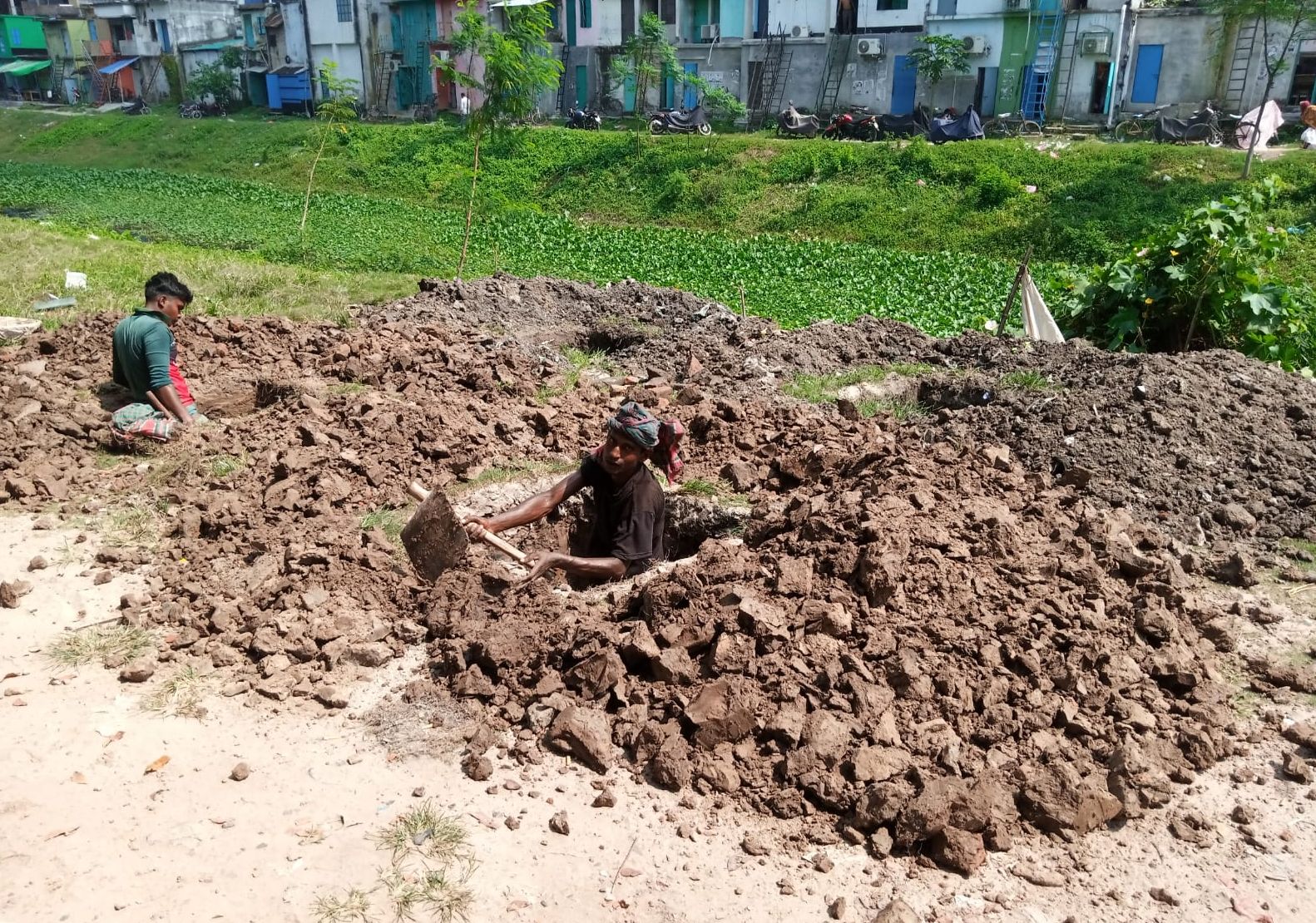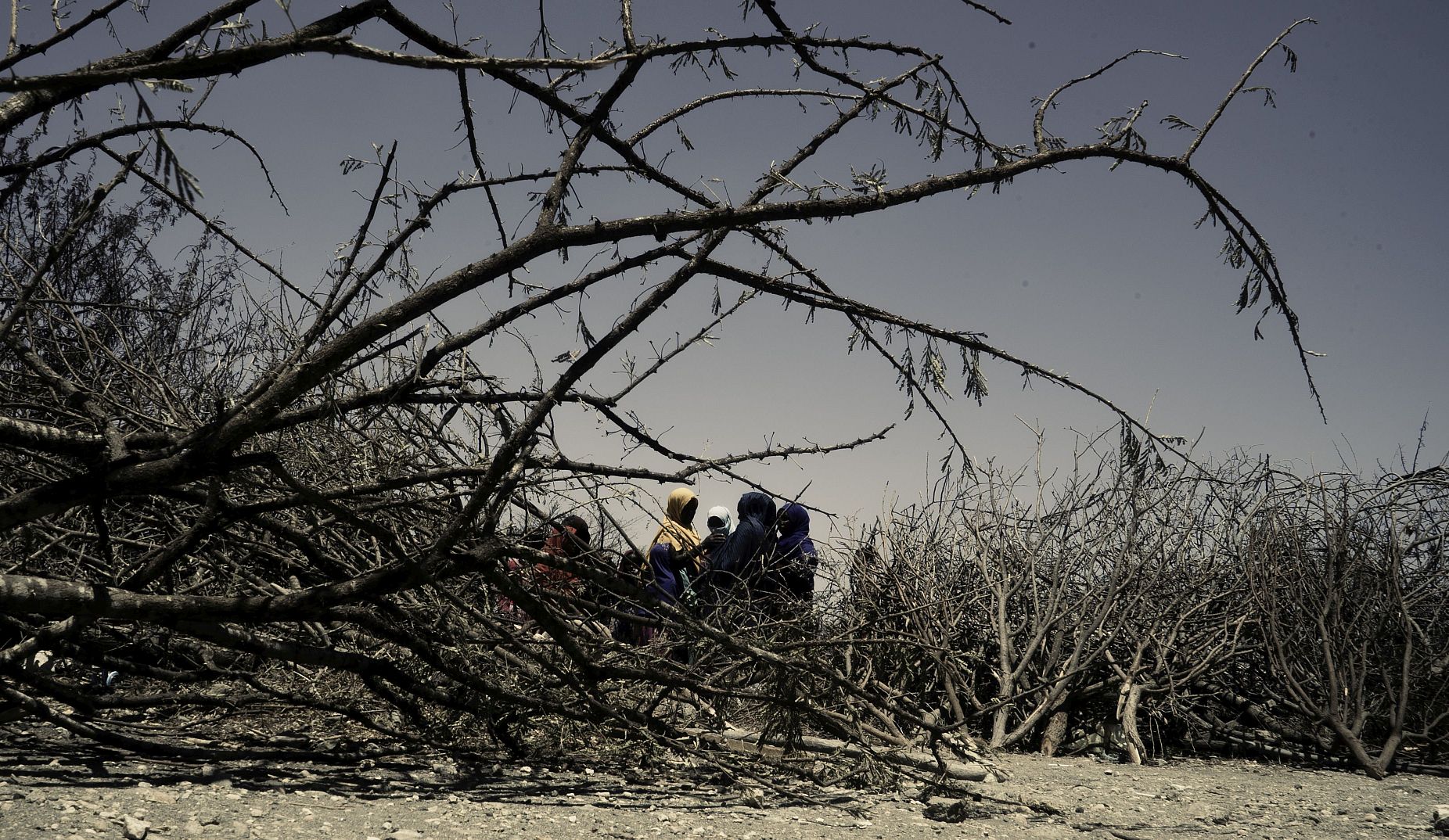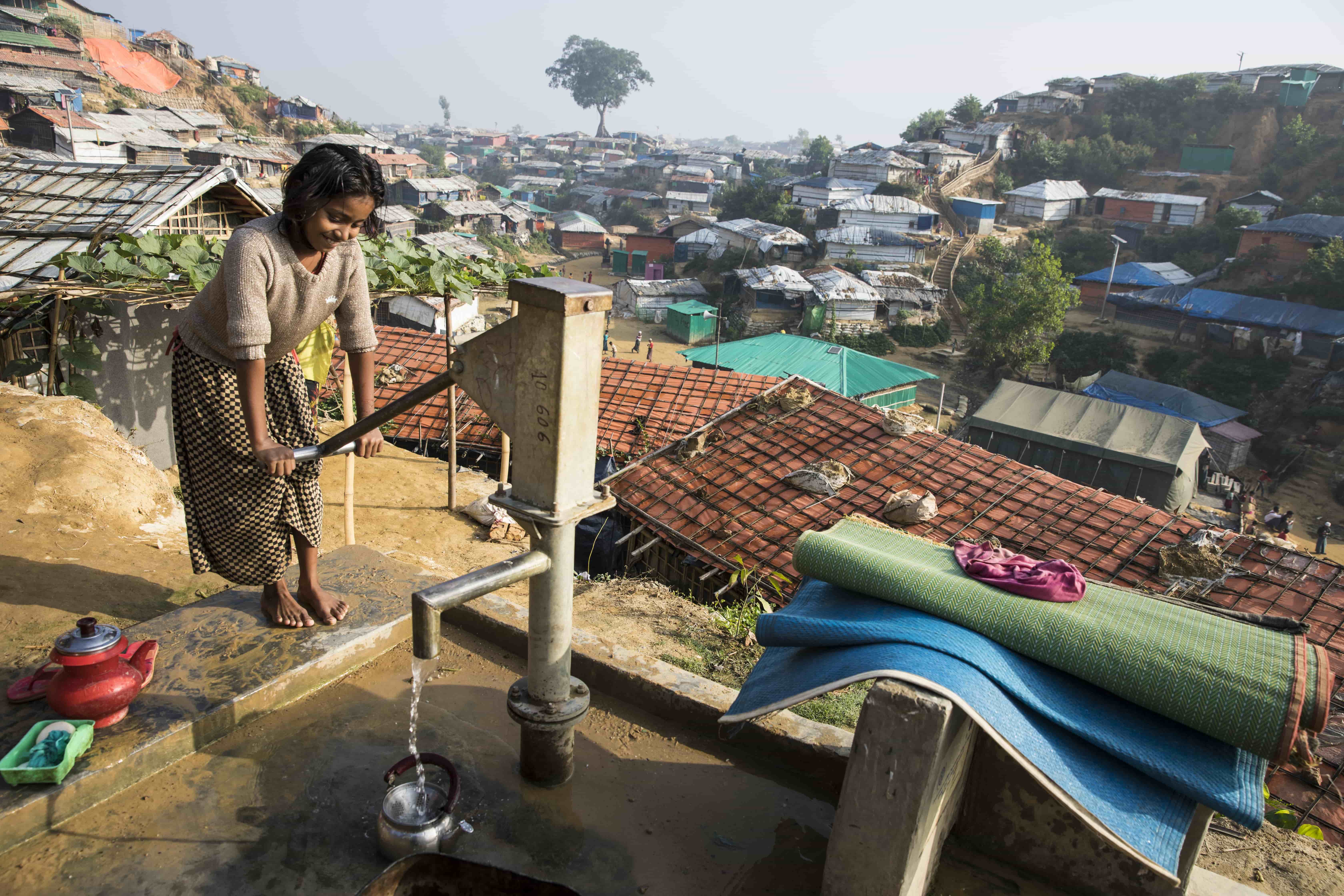World Toilet Day 2020
This year, with the emergence of the COVID-19 pandemic, there has been a renewed focus on the importance of sanitation services, especially in the context of informality and vulnerable populations. Access to toilets and sanitation services are also key to gender equality as women are disproportionally affected by a lack of basic sanitation, affecting their personal hygiene, dignity, and safety. As primary caregivers, women and girls are also bearing the brunt of the effects of COVID-19. With the support of SIDA, the Cities Alliance Cities Alliance Cities for Women Programme is constructing toilets in informal settlements and markets in Kampala, Uganda. The efforts are part of Cities Alliance COVID-19 emergency response, with a strong focus on women and gender equality.
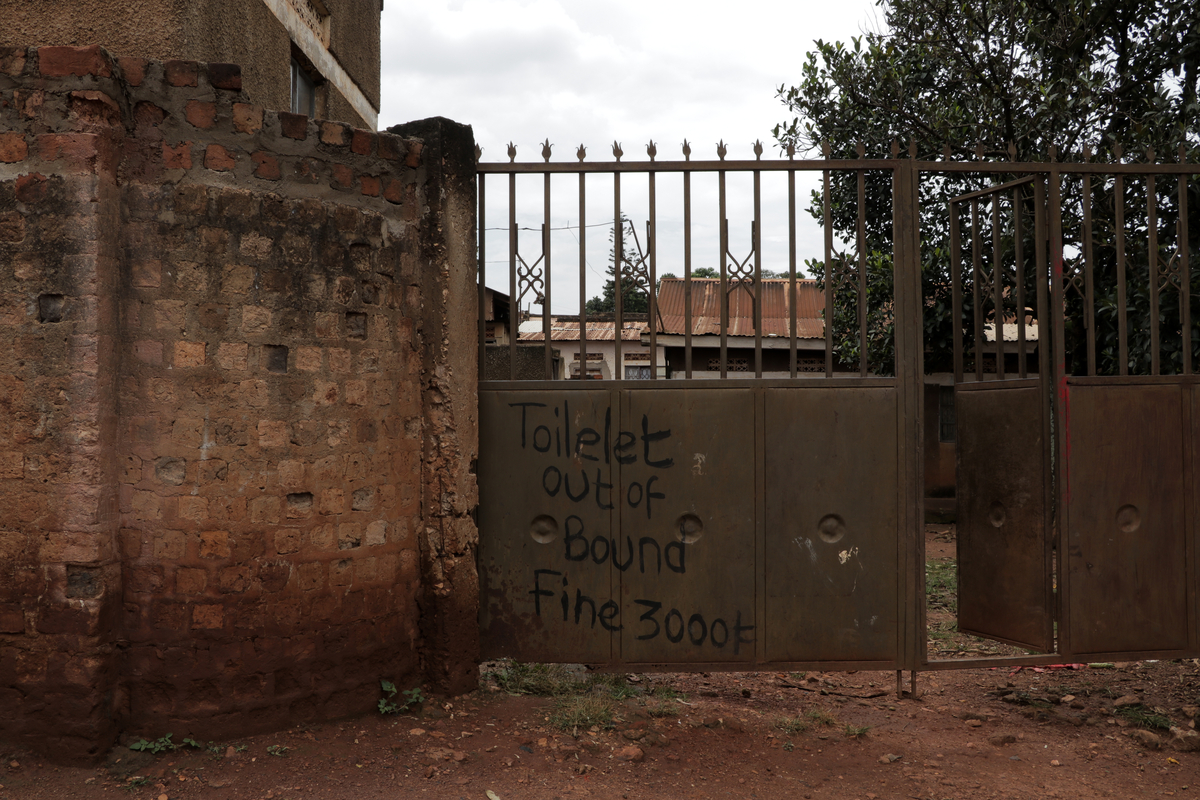
Nakawa Market
At Nakawa Market, one of Kampala’s largest, the majority of vendors are women who mostly trade in vegetables, fruits, and dried fish. Currently, the market has 8 toilets for women and 8 for men. These rooms were originally intended to serve 1000 vendors. The number of vendors is ten times higher now and some also sleep at the market using the toilets for general hygiene purposes. In addition, the toilets are also used by neighbouring communities, taxi drivers, passengers, and by-passers as they are considered public toilets. The toilets were not built to support such frequent usage and this poses a risk to the health and well-being of those who depend on them. Without proper hygiene facilities, diseases like COVID-19 are more likely to spread. In addition, without proper toilets, people are likely to use less hygienic and safe options that contaminate water and the environment. The construction of toilets in Nakawa market complements other activites in the market implemented under the Cities Alliance Uganda Country Programme Kampala – Jinja Expressway No One Worse Off Project.
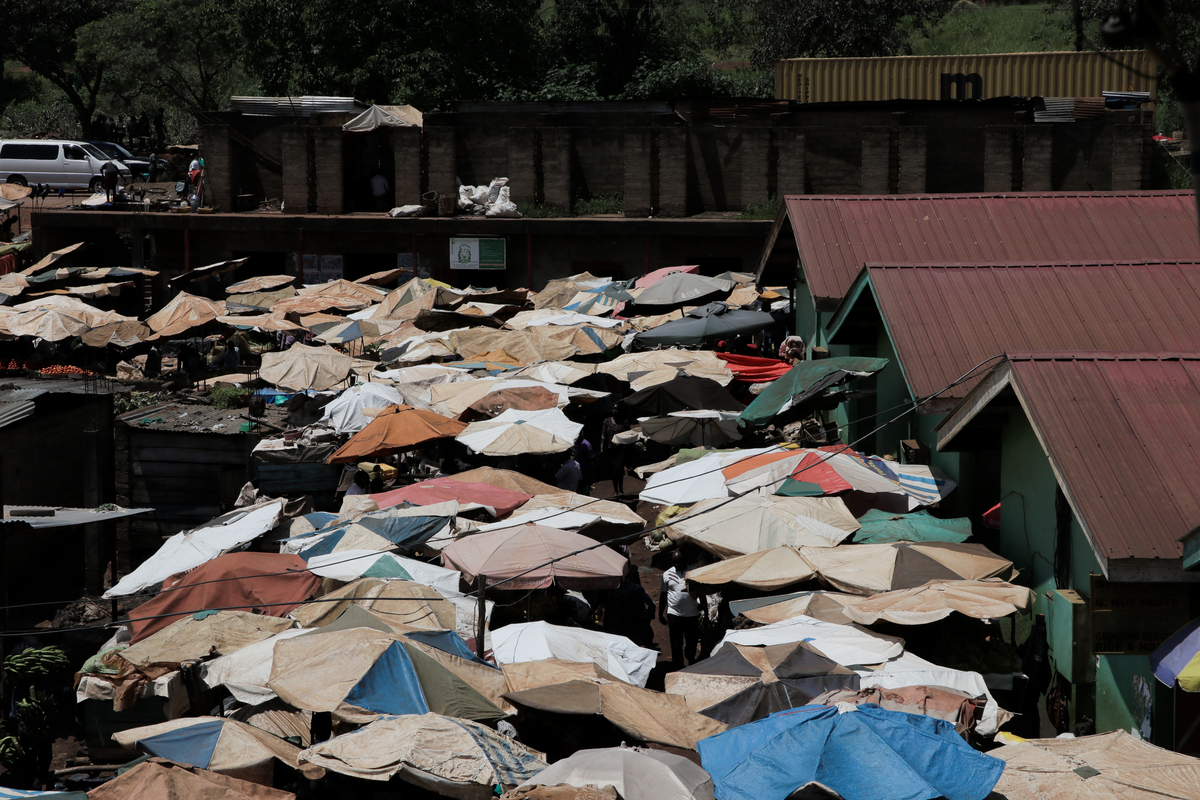
Environmental Considerations
The Kinawataka wetland in Kampala is a natural water filter for Lake Victoria. Today, this wetland has been seriously degraded and polluted water natural filter for Lake Victoria. Today, it has been seriously degraded and polluted by sprouting informal settlements and industrial activity. In addition, the prevalent use of pit-latrines and poor solid waste management practices by slum dwellers have had a significant negative impact on the wetland ecosystem. The constructions of toilets are therefore not only important for the protection and dignity they provide for inhabitants, they are also key to protecting the environment.
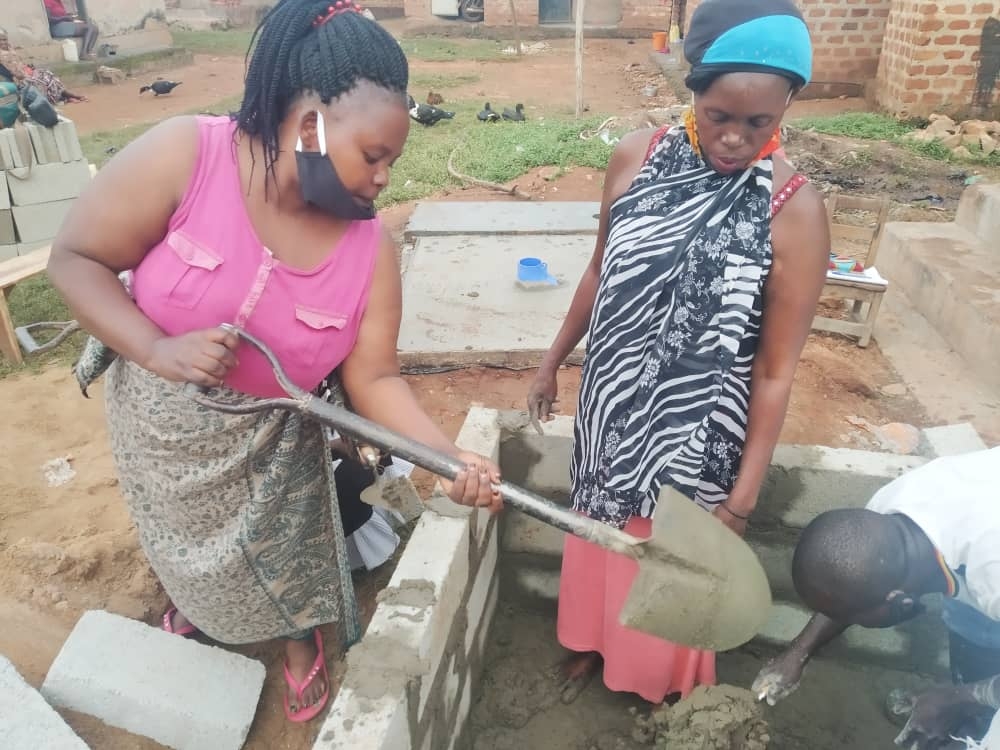
Construction of Biofil Toilets
Cities Alliance is working with ACTogether Uganda and the National Slum Dwellers Federation of Uganda (NSDFU), to pilot the Biofil toilet in Kampala’s informal settlements as an alternative to pit-latrines. 15 men and women have been trained in the construction of bio-fill toilets in the settlements. As part of its COVID-19 response in Uganda, Cities Alliance will in early 2021 construct additional Biofil toilets, this time solar-powered, to specifically address women’s privacy and safety concerns. The Biofil toilet uses tiger-worms which convert faecal matter into soil which can be used to boost agriculture production. It is a better alternative to pit latrines which pollute the groundwater aquifers. For more on these activities, check out the Cities Alliance Cities for Women Programme.


